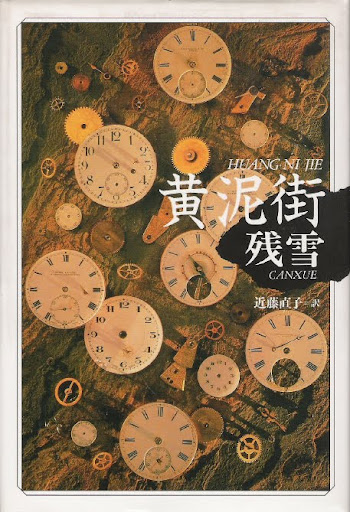Emma (1972) I thought this British television adaptation of the Jane Austen novel would be funny, but it is acted so bloodlessly, we begin to lose interest from the first scene.
How About You? (2004) More accommodating indie film fans will find here a charming story about what youth owes to old age, and vice versa. I tried to like it, but the motifs of pot for pain, strife between sisters, and eccentric old folks were simply too bound by simple convention. I've seen it all before. Vanessa Redgrave's supporting role was entirely underwhelming.
Who's Harry Crumb? (1985) I think I just wanted to remember what it was that made John Candy so famously funny. Answer: utterly pointless physical comedy. I think I was too old for this film back in 1989.
Brewster's Millions (1985) This is the very scene where A. and I stopped the film. It becomes all to clear here that combining Candy with Pryor yields only images of both naked.
World's Greatest Dad (2004) I know better than to ever trust a film that casts Robin Williams as a 'serious' protagonist, but A. hasn't learned, so this one is his fault. As with How About You? the main problem is that the film hopes to construct something meaningful out of a thin tissue of conventions and clichés. Some are extremely old, such as Williams' entire role, which is too close to Dead Poet's Society for comfort. Others are new variations: where DPS gave us queer boy suicide, WGD offers straight boy autoasphyxiation. Who says there isn't progress?
Read more...



